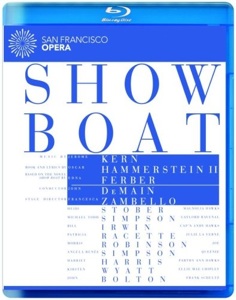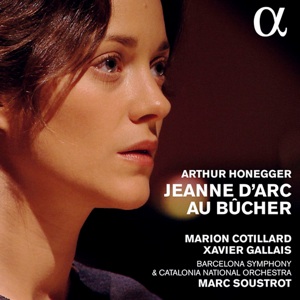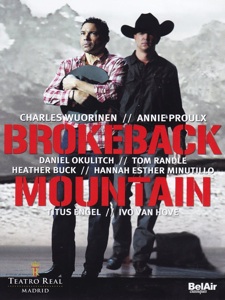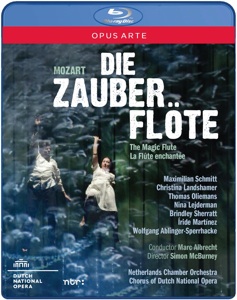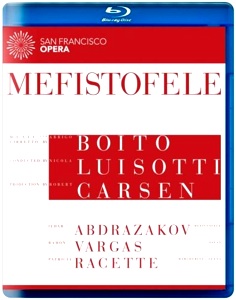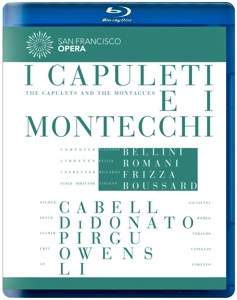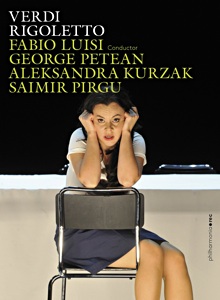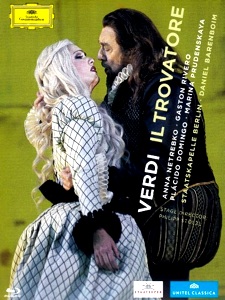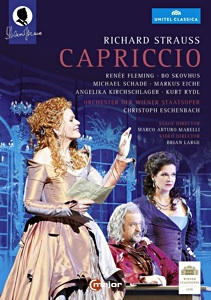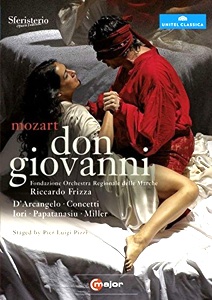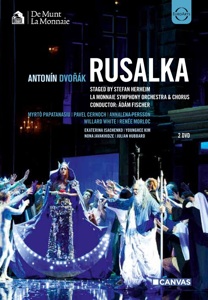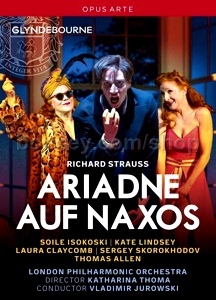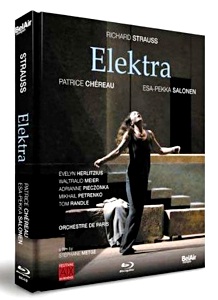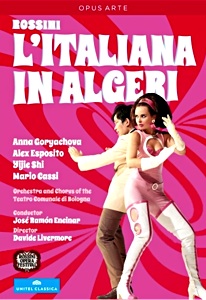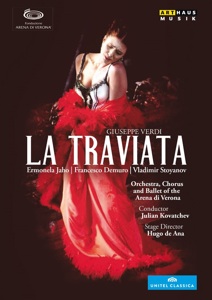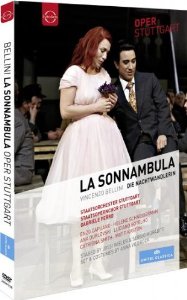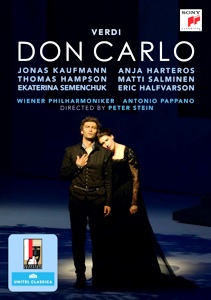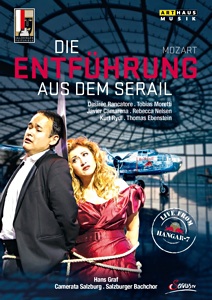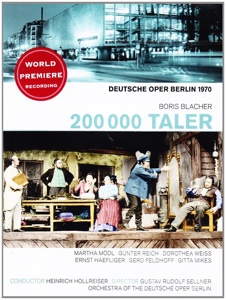
The production by Sebastian Baumgarten is the type of regietheater that’s not a rethinking or reconstruction, but just a hot mess.
You might be surprised, though, when that title turns out to be Show Boat.
Tonight’s program at the New York Philharmonic, Arthur Honegger’s massive oratorio dramatique Jeanne d’Arc au Bûcher, has been an occasional visitor to the orchestra’s repertoire starting with the performance conducted by Charles Munch in January of 1948.
Beginning with the dark, ominous music of the prelude of Charles Wuorinen and Annie Proulx’s opera Brokeback Mountain, we know we are in for a very different and far less sentimental version of the work than was had with Ang Lee’s iconic 2005 film.
Contemporary stagings of Parsifal tend to be spare, abstract affairs scrubbed of religious associations, knights in armor and, sometimes, a grail.
A confession: I have a real love/ hate relationship with Mozart’s Die Zauberflote.
Certain operas are better in theory than practice.
Christian Thielemann’s spirited, precise conducting and the superb, sumptuous playing of the Staatskapelle Dresden are the finest features of this strongly cast performance of Strauss’s Arabella.
The key to enjoying Bellini’s I Capuleti e Montechi is to do a hard factory reset and reformat your brain to forget all other works based on Romeo and Juliet.
Newton’s Third Law of Motion states that for every action there is an equal and opposite reaction.
The role debut of a world-class singer is always a time of great anticipation, hopefully to be followed by celebration, if not unbridled jubilation.
Soprano Renée Fleming is certainly making the role of the Countess in Richard Strauss’s final opera Capriccio the focus of her late-career years.

